The views expressed in our content reflect individual perspectives and do not represent the authoritative views of the Baha'i Faith.
The first time I ever heard the word Baha’i, in 1965, I was fifteen years old and already deeply involved in the civil rights movement.
I had joined the NAACP and the Congress of Racial Equality a year earlier. The Freedom Riders had inspired me – the black and white college students who rode buses into the segregated South and used Gandhi’s civil disobedience tactics to challenge racist Jim Crow-era laws and attitudes. Reviled and spit on, viciously beaten, their buses set on fire, some even killed by the Ku Klux Klan and the Knights of the White Camellia, the Freedom Riders’ gentle quest for justice somehow spoke to me – they proved that non-violent resistance to unjust laws could have an enormous impact on the world.
Like so many other Americans during that time, I had also watched the Reverend Dr. Martin Luther King, Jr.’s 1963 “I Have a Dream” speech, and found myself deeply affected by its call for racial unity. The speech moved me, but I already knew that massive social change doesn’t come from speeches alone. What really moved me was seeing the hundreds of thousands of people there at the rally, peacefully assembled to petition their government for justice and equality. The huge crowd in Washington meant this nascent movement included people like me – poor, powerless and hungry for change.
So I began to go to meetings and protests and conferences and rallies for civil rights. I was just an unsophisticated white teenager, painfully shy and self-conscious, a lowly Private in the civil rights march, but something in me knew I had to contribute to this seminal struggle. I could not resist. And in the struggle, I found myself.
My high school took part each year in a “brotherhood workshop,” a civil-rights summer camp called Anytown. When you went to Anytown, you met kids from every religious, racial, class and cultural background, all thrown together for a week in the mountains. The staff had one goal – to break down the barriers between us. And it worked. We learned to see and understand the common humanity we all possessed, regardless of the high walls our culture had built to keep us apart. We learned to respect and connect with each other. We learned that black kids and white kids and Latino kids and Indian kids were all kids.
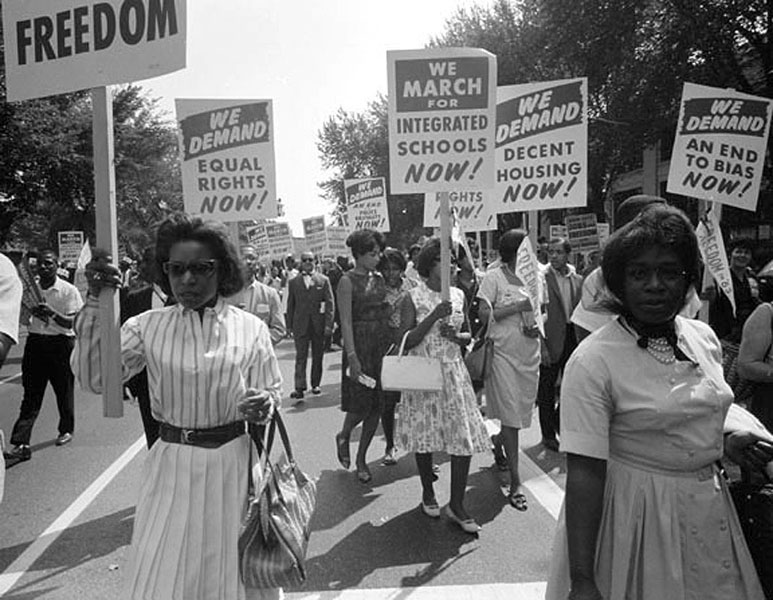 But even before Anytown’s profound, life-changing experience occurred, the students in my high school all went to an assembly to learn about it. Two musicians, Phil Lucas and John Cook, got up on stage and played songs from the civil rights movement. They sang “We Shall Overcome” and a few other anthems for peace and unity, and then they each spoke about their own part in the struggle.
But even before Anytown’s profound, life-changing experience occurred, the students in my high school all went to an assembly to learn about it. Two musicians, Phil Lucas and John Cook, got up on stage and played songs from the civil rights movement. They sang “We Shall Overcome” and a few other anthems for peace and unity, and then they each spoke about their own part in the struggle.
Phil, a charismatic Hispanic singer and guitarist, spoke first. He talked about eradicating racism, about looking deep within our souls to discover and discard our own prejudices. He told us we should all think about applying to become our high school’s delegate to Anytown.
Then John spoke. In the area where I went to school, John’s musicianship and vocal talents had made him a local legend. But he spoke humbly and gently about his own journey toward racial justice, impelled by the Baha’i teachings. He only mentioned Baha’u’llah and the Baha’i Faith once, but somehow those mysterious words, completely foreign to my American mind, stuck there. I wanted to know more.
Then, with its quotes from the Baha’i Writings, John and Phil sang their final song:
Glory not in this, that you love your country
Glory in this, that you love mankind.
You’re the fruits of only one tree,
You’re the leaves of just one branch.
World citizens, world citizens.
In unity, that’s how the world must be,
All the people live as one
Like fragrant flowers in the sun.
I already believed in the song’s beautiful vision of the unification of all people, and it shocked me to learn that others did, too. Later that same year I went to Anytown, and it changed my entire life. I learned about the teachings of Baha’u’llah from Baha’is on the Anytown staff, and compelled by its focus on the unity of humanity, a peaceful world and the eradication of all prejudice, began to investigate. I met committed, courageous Baha’is who had engaged in the struggle for civil rights and peace and justice for decades. I met Baha’is whose insight and intellectual grasp of the issues had an enormous impact on my thinking and my emotions. And most importantly, I met Baha’is who lovingly described their Faith’s practical, powerful plan to unify humanity – and invited me to help. Fascinated and amazed, I began to go to Baha’i meetings, to read Baha’i books, to try to understand the magnitude of this new revelation. After three years of search and research, I became a Baha’i.
You May Also Like
Comments



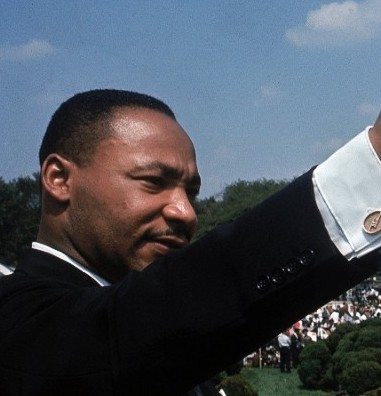
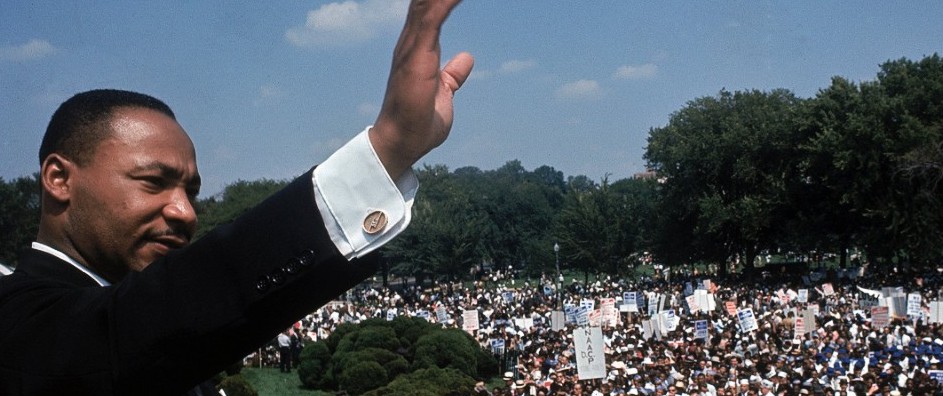

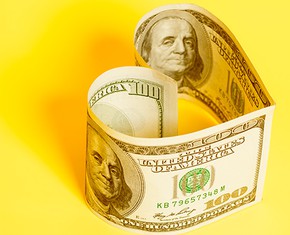
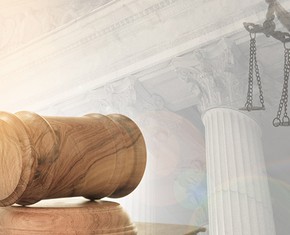
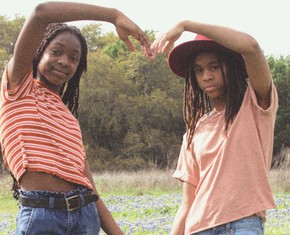









But Anytown showed me that the Baha'i "ideal" was POSSIBLE. Something in us CHANGED that week. Darkness was turned into light. HOPE was kindled...
Then I continued the journey by trekking to Geyserville the next week (ANYTHING to get out of the Valley in the summer!) and spending the whole summer sharing my newly-adoped belief with others. Never ...looked back.
Thanks for the reminder!